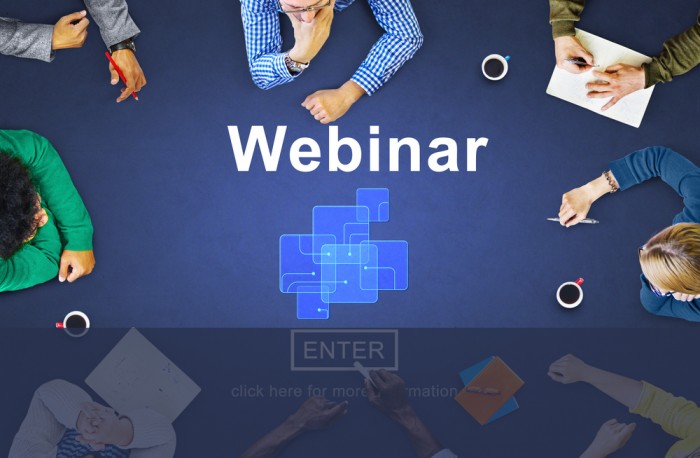From our national partner, ANCOR:
As we work to speak up on behalf of people with I/DD and the providers who support them – especially in times of unprecedented crisis – I am writing to seek your help. Can you please take two minutes today to respond to the action alert below. Doing so will send a message to your members of Congress urging them to prioritize resources for people with I/DD when considering how to distribute federal aid in response to the COVID-19 pandemic.
The Ask: Use our email tool to remind your members of Congress that I/DD supports and services are essential lifelines to people with I/DD and their families. They must be funded so that their delivery is not compromised during this public health crisis.
The Details: Congress is working at breakneck speed to address the unique needs of various populations in our country through three different funding packages, one of which is expected to be focused on health care. We need your voice right now to ask Congress to include I/DD supports, including Home and Community Based Services, in that package.
It is crucial for Congress to understand that disability supports are a key component of health services for people with I/DD, and to understand the implications for people’s lives in the community after the crisis if community supports cannot remain financially viable during this crisis.
The COVID-19 crisis is exposing key vulnerabilities in I/DD supports. As people are asked to stay home as community centers and day programs close to try to limit the spread of COVID-19. In turn, providers of those programs face uncertain futures. When the dust settles and we return to life after the pandemic, will there be any place for people with I/DD to go? We need Congress to ensure the answer is yes.
The I/DD workforce is already in crisis. These staffing shortages will be significantly exacerbated as DSPs fall sick or have to tend to loved ones. This is the time for Congress to work on strengthening disability supports through funding for key provisions such as overtime and hazard pay to incentivize DSPs to stay and other workers to join the field; priority access to protective gear and training; financial relief for supports such as day services so they remain viable after the outbreak; and more.
Most importantly, we need Congress to include I/DD services in any stimulus package to ensure there are supports to return to once the current pandemic subsides. With 700,000 people on states’ waiting lists for services, now is not the time to lose critical capacity.
Please speak up TODAY for the inclusion of disability supports in any package Congress prepares to address COVID-19 today, to help ensure people with disabilities have the support they need, when they need it the most.
Shannon McCracken
ANCOR Vice President of Government Relations


















